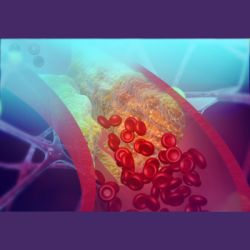Researchers in New Taipei City, Taiwan, recently published evidence in BMC Emergency Medicine showing that venous pooling of contrast agent (CAP) predicted an imminent cardiac arrest.
The study evaluated all emergency department patients from 1 January 2016 to 31 December 2018 who received contrast computed tomography and then experienced cardiac arrest. Patients were excluded if on a heart-lung machine.
The outcome measured was whether the patients with a CAP sign in their chest or abdominal CT scan subsequently experienced a heart attack. Of the 128 patients included, 8.6% (N=11) patients had a positive CAP sign, whereas 91.4% (N=117) did not. However, of those that were positive, 63% (N=7) experienced a cardiac arrest within one hour of their CT. None of the patients with the CAP sign survived. In comparison, only 12% (N=14) of those without the CAP sign experienced a cardiac arrest within one hour of their CT.
To explain the CAP sign's mechanism, the group explained: "The density of contrast agent is much higher than that of blood; thus, during normal physiological blood flow, specific gravity has little effect on the contrast agent dynamics. In patients with cardiogenic shock or impending circulatory collapse, both the arterial and venous blood flow dramatically decreases, and the contrast agent tends to accumulate in the dependent parts of the venous system."
Thus, the study authors concluded that the CAP sign can be used as a marker for circulatory failure and be considered a warning sign to prompt physicians to provide lifesaving interventions.
Source: BMC Emergency Medicine
Image Credit: iStock
























